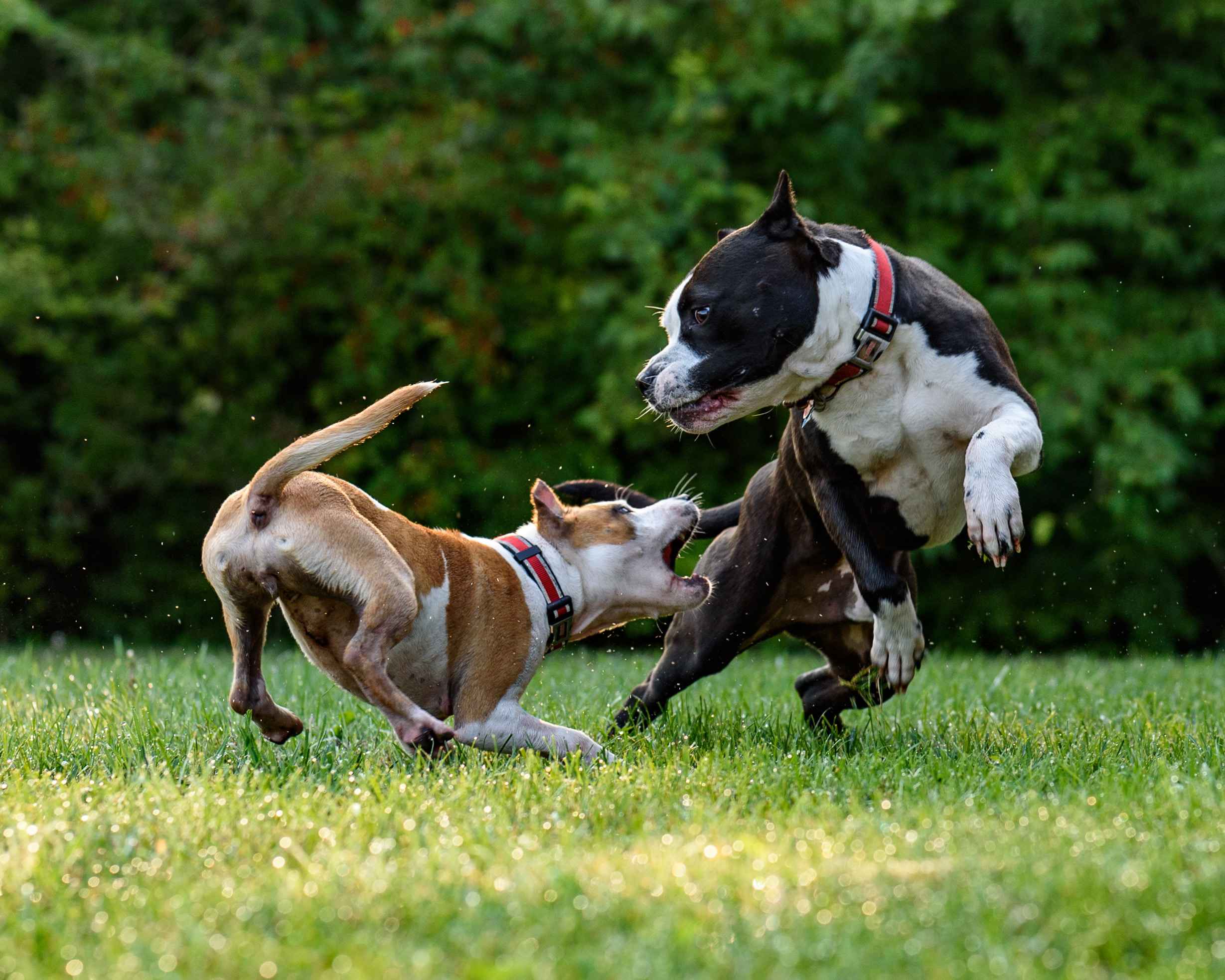Dogs are known for their loyalty and affectionate nature towards their owners. They love to spend time with their humans and are often called man’s best friend. However, when it comes to leaving them alone, many dogs tend to get anxious and distressed. This is commonly known as separation anxiety and is a common issue faced by pet owners. Separation anxiety is a behavioral problem that can manifest in various ways, including destructive behavior, excessive barking, and even physical symptoms like vomiting. In this blog post, we will delve into the causes of separation anxiety in dogs and provide some solutions to help alleviate this issue.
Understanding Separation Anxiety in Dogs: Causes and Solutions
Dogs are known for their loyalty and companionship, but sometimes, they can become anxious and stressed when they are left alone. This is known as separation anxiety, which can lead to destructive behavior, excessive barking, and other problems. In this blog post, we will discuss the causes of separation anxiety in dogs and explore some solutions to help you and your furry friend.
Causes of Separation Anxiety in Dogs
1. Lack of Socialization
Dogs that are not exposed to different people, animals, and environments during their early years may develop separation anxiety. This is because they are not used to being away from their owners and are not familiar with different surroundings.
2. Traumatic Experience
A traumatic experience, such as being abandoned or losing a loved one, can trigger separation anxiety in dogs. They may associate being alone with fear and uncertainty, which can cause them to become anxious and stressed.
3. Change in Routine
Dogs are creatures of habit, and any sudden change in their routine can cause anxiety. For example, if you suddenly start working long hours or your dog’s daily walk schedule is disrupted, they may become anxious when left alone.
4. Lack of Exercise and Stimulation
Dogs need exercise and mental stimulation to stay healthy and happy. If they are not getting enough exercise or stimulation, they may become bored and anxious when left alone.
.jpg)
Solutions for Separation Anxiety in Dogs
1. Gradual Desensitization
Gradual desensitization is a process where you train your dog to become comfortable with being alone gradually. Start by leaving your dog alone for short periods and gradually increase the time as they become more comfortable. You can also leave your dog with toys and treats to keep them occupied.
2. Crate Training
Crate training can help your dog feel safe and secure when you are not home. Start by introducing the crate to your dog and making it a positive experience with treats and toys. Gradually increase the time your dog spends in the crate until they are comfortable being inside for longer periods.
3. Exercise and Stimulation
Regular exercise and mental stimulation can help reduce your dog’s anxiety. Take your dog for daily walks, play games with them, and provide them with interactive toys to keep them occupied.
4. Medication
In severe cases, medication may be necessary to help reduce your dog’s anxiety. Talk to your veterinarian about the best medication options for your dog.
Conclusion
Separation anxiety can be a challenging issue for both dogs and their owners, but with patience and persistence, it can be managed. By understanding the causes of separation anxiety and implementing some of the solutions discussed in this blog post, you can help your furry friend feel more comfortable and secure when you are not home. Remember, it is essential to seek professional help if your dog’s anxiety is severe and impacting their quality of life.
In conclusion, separation anxiety is a common issue that many dogs face, but it can be managed with the right approach. By understanding the causes of separation anxiety and implementing solutions like creating a comfortable environment, gradually increasing separation time, and seeking professional help if necessary, you can help your furry friend cope with being apart from you. Remember that patience, consistency, and love are key in helping your dog overcome separation anxiety and lead a happy and healthy life. With the right tools and support, you and your dog can conquer separation anxiety together.


.jpg)



.png)
%20-%20Copy.jpg)
%20-%20Copy.jpg)